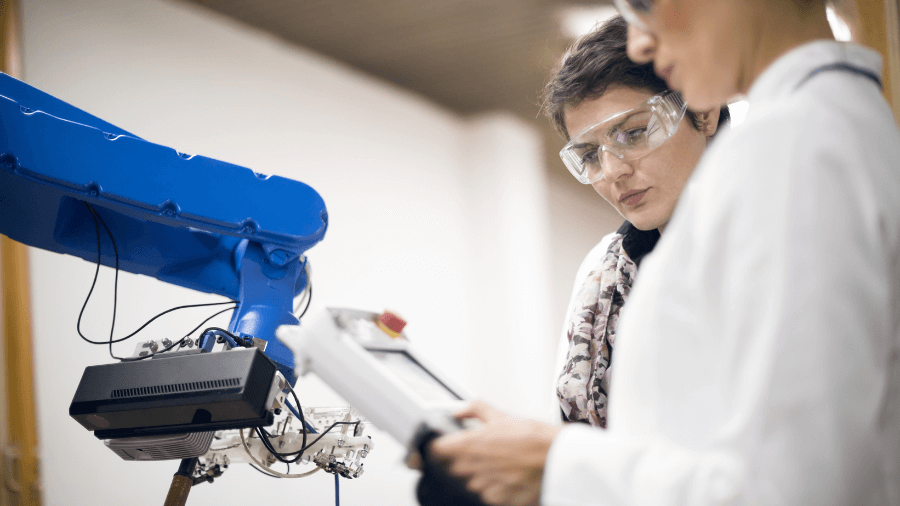A day in the life of a process integration engineer
21 Feb, 20235 minutesExperienced process integration engineers are highly sought after due to the fact th...

Experienced process integration engineers are highly sought after due to the fact that their skills can be applied in numerous industries. If you’re looking for a career that will always be in demand, then this could be the one for you. Keep reading as we look at what a process integration engineer does.
What does a process integration engineer do?
A process integration engineer is responsible for designing, implementing, and maintaining integrated systems and processes in an industrial or manufacturing setting. This includes analyzing existing systems and processes, identifying areas for improvement, and designing and implementing new solutions to increase efficiency, reduce costs, and improve quality.
The process integration engineer typically works with a variety of teams and stakeholders, including production, operations, and IT, to ensure that the integrated systems and processes are effective and meet the needs of the business.
What are the day-to-day duties of a process integration engineer?
A typical day for a process integration engineer can vary depending on the specific industry they work in as well as the stage of the project they’re currently working on. However, some of the tasks that process integration engineers will commonly perform include:
- Analysing current processes and identifying areas for improvement
- Designing and building new processes to efficiency, reduce costs, and improve quality
- Implementing, integrating, and maintaining new processes, ensuring that they are properly integrated into the existing production system
- Assemble reports that document any changes made to processes
- Identify and resolve process-related issues, such as those that arise during the production process
- Monitor process performance and collect data to analyze improvements
- Collaborating with other departments and teams, such as IT and operations.
Are process integration engineers in demand?
Process integration engineers can work in a variety of industries, such as manufacturing, energy and utilities, pharmaceuticals, automotive, aerospace and defense, and biotechnology.
This ability to apply their skillset and knowledge to a diverse range of fields, as well as the current digital skills gap in the UK, makes careers like that of a process integration engineer highly lucrative and in demand.
How do you become a process integration engineer?
To become a process integration engineer, you will need a bachelor’s degree in engineering, computer science, information technology, or a related field. In addition to this, you will need to be proficient in several programming languages and software, such as Python, JAVA, and SQL.
What do process integration engineers do in the semiconductor industry?
In the semiconductor industry, a process integration engineer is responsible for ensuring the efficient and effective integration of the various processes involved in the production of semiconductor devices. This includes tasks such as developing new processes, optimizing existing processes, and troubleshooting process-related issues.
The process integration engineer works closely with process development teams, equipment engineers, and manufacturing teams to ensure that the processes are properly integrated and optimized for yield, cost, and production time. The engineer may also work on developing new process flows and identifying areas for improvement in the overall production process.





